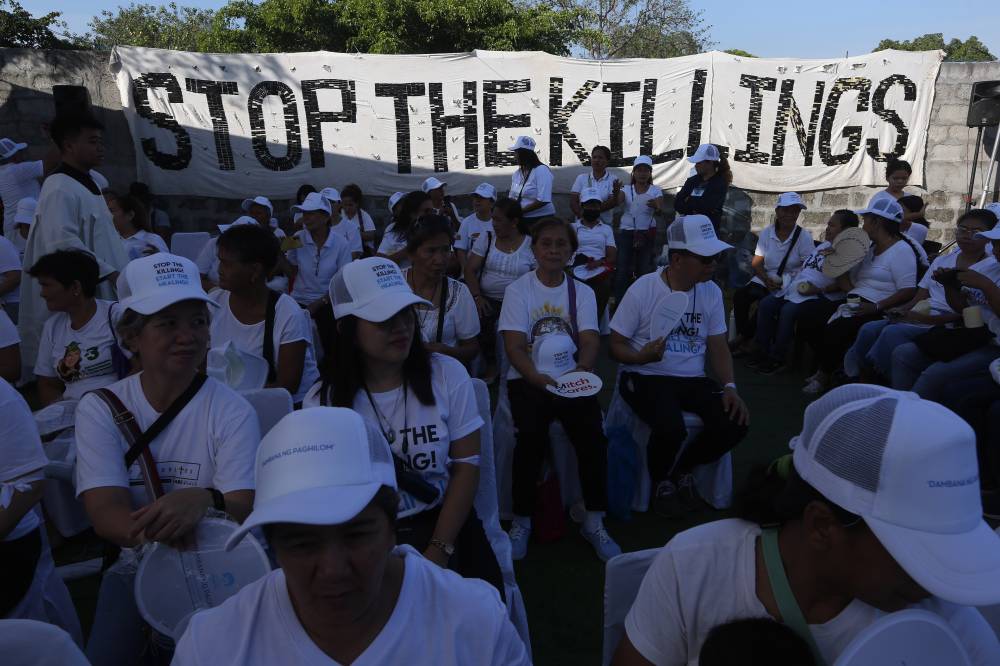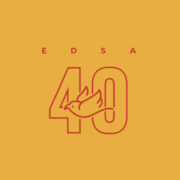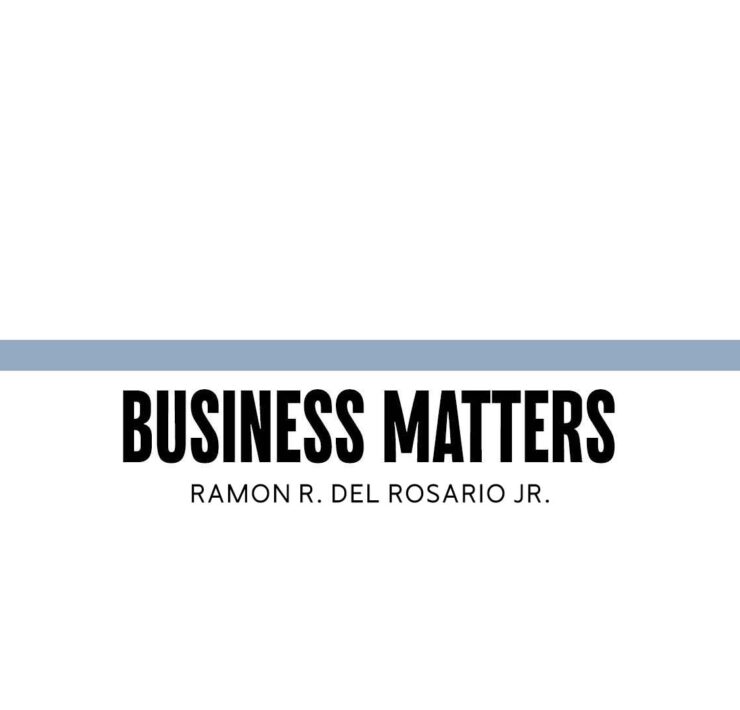A truth commission on Duterte’s drug war?

Randy David proposed this measure in his Philippine Daily Inquirer column, published a day after the 52nd anniversary of Ferdinand Marcos Sr.’s declaration of martial law. The proposal recalled, but did not renew, the demand of martial law victims for a truth commission to investigate the human rights violations committed during this period. After half a century and with Ferdinand Marcos Jr. now president, the appeal for martial law truth commission is unlikely to prosper.
Would a truth commission serve as a suitable instrument to probe Rodrigo Duterte’s drug war? Martial law clearly aroused greater national anger and opposition—because it lasted longer, disrespected the sacrifice of earlier generations to defend democracy, and claimed victims across the nation’s breadth and among diverse socioeconomic and political sectors. Drug war deaths occurred mainly in lower-income communities among suspected dealers or addicts feared by their neighbors and despised by Duterte as less than human and deserving of extermination.
Considering simply the casualty count, however, the two historical events are comparable. Government reports estimate the number killed in the six years of the Duterte drug war at 6,252, all claimed killed in legitimate police operations. The United Nations Commissioner of Human Rights estimates range from 8,000 to 27,000, including victims of vigilante killing. Deaths blamed on state-sanctioned violence during martial law numbered at 3,240. The drug war would appear worthy of a truth commission.
Duterte stepped down from the presidency less than three years ago, allowing insufficient time for a detailed study of his impact on the country’s institutions and culture. Such a project faces problematic complications. We are still coping with the problems that piled up during his watch, even as he remains an influential force through family and crony connections that may strengthen in coming elections.
The sessions of the congressional quad committee that includes the committees on dangerous drugs, public accounts, public order and safety, and human rights, are exposing the web of issues dating back to Duterte’s term: illegal, offshore gambling operations; Chinese connections to corrupt and criminal activities (money laundering, trafficking, government procurement, electoral fraud) and extrajudicial killings in the drug war. Former mayors Jed Mabilog of Iloilo and Tommy Osmeña of Cebu have spoken of the way the drug war was weaponized against opposition personalities and groups.
While the quad committee is revealing truths about Duterte’s presidency and its work must continue, it cannot function as a truth commission. Quad committee members have other duties. It must focus on laws to address the crimes it is investigating. The truth commission is a full-time task, typically extending over a congressional term. Its mandate goes even beyond documenting abuses, proposing measures to hold perpetrators to account and to bring justice to the victims.
The branding of these commissions in other countries reflect the aspiration that they serve also as the means toward restoring the societal peace shattered by the violence among political factions. Thus: South Africa’s Truth and Reconciliation Commission (1995-2003); Chile’s National Commission for Truth and Reconciliation (1990-1991); Peru’s Truth and Reconciliation Commission (2001-2003); the Moroccan Equity and Reconciliation Commission (2004-2005).
The recency of the drug war makes a political body like the quad committee unsuitable for the goal of promoting reconciliation among victims and victimizers. Wounds are still raw and hurting for the victims and their families to trust as their healers political personalities already active during the Duterte drug war campaign; they would find it difficult to disclaim any contact with those responsible for its implementation.
Anyone in politics today risks being suspected as pro- or anti-Duterte and, therefore, unqualified to serve, as in a jury, with no preconceived conclusions on the issues for judgment. Or they may be tempted to use the commission for personal, political advantage, which could make potential witnesses reluctant to participate in the process. More prudent to entrust the truth commission tasks to an independent, nonpartisan body.
Readers responding to David’s column were politely skeptical. Not because they did not think the idea good; they just believed it would be difficult to do. They doubted that President Marcos would dare to defy Duterte by supporting an investigation of the drug war, though that would send a message about his own commitment to human rights. Readers also doubted that the government could find enough people with the integrity, ability, and willingness to perform the truth and reconciliation commission mandate.
These concerns are legitimate and realistic in a democratic society—where public duty sometimes summons citizens to do, not what is easy, but what is necessary.
Edilberto C. de Jesus is professor emeritus at the Asian Institute of Management.
Business Matters is a project of the Makati Business Club (makatibusinessclub@mbc.com.ph).





















